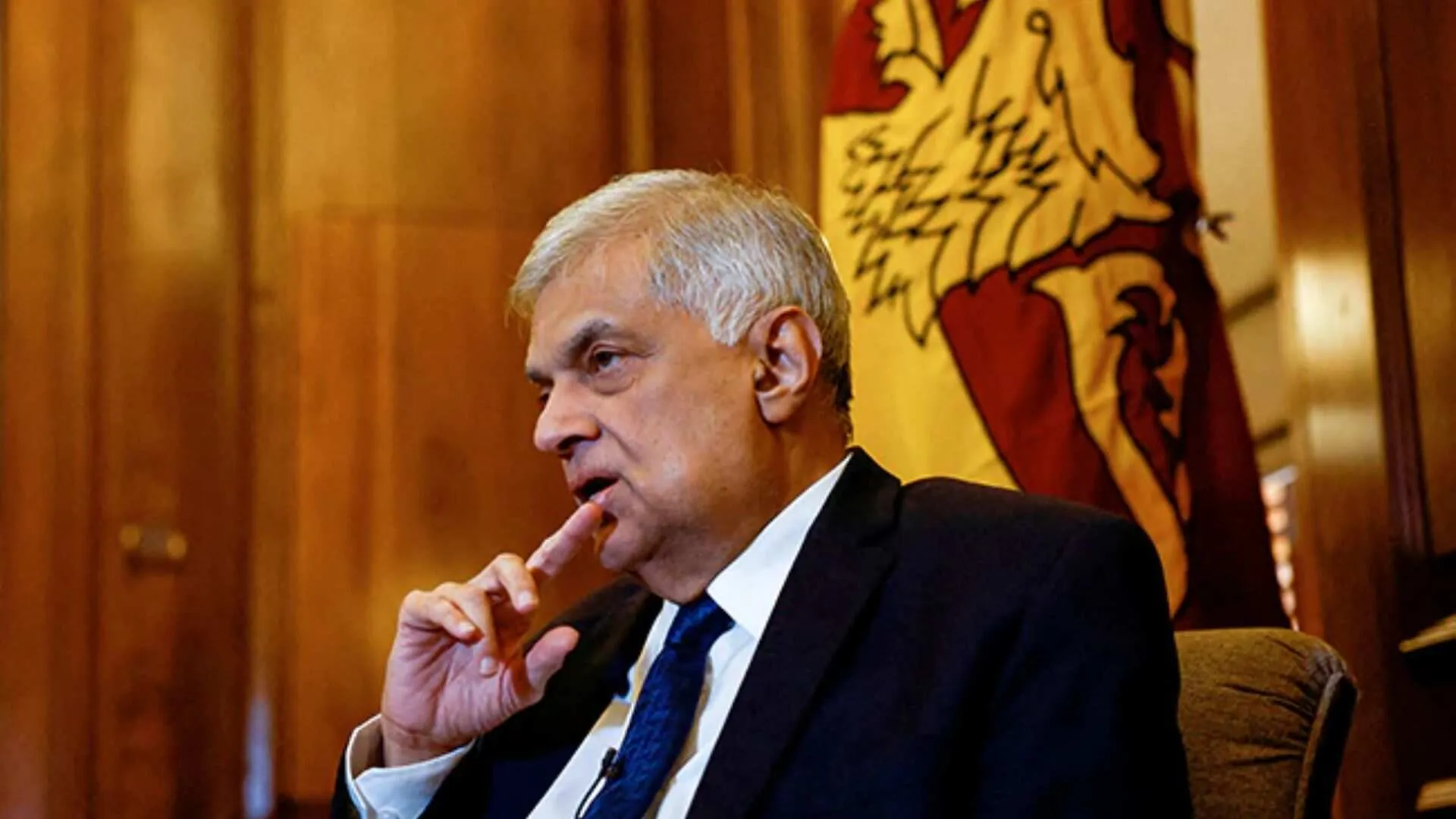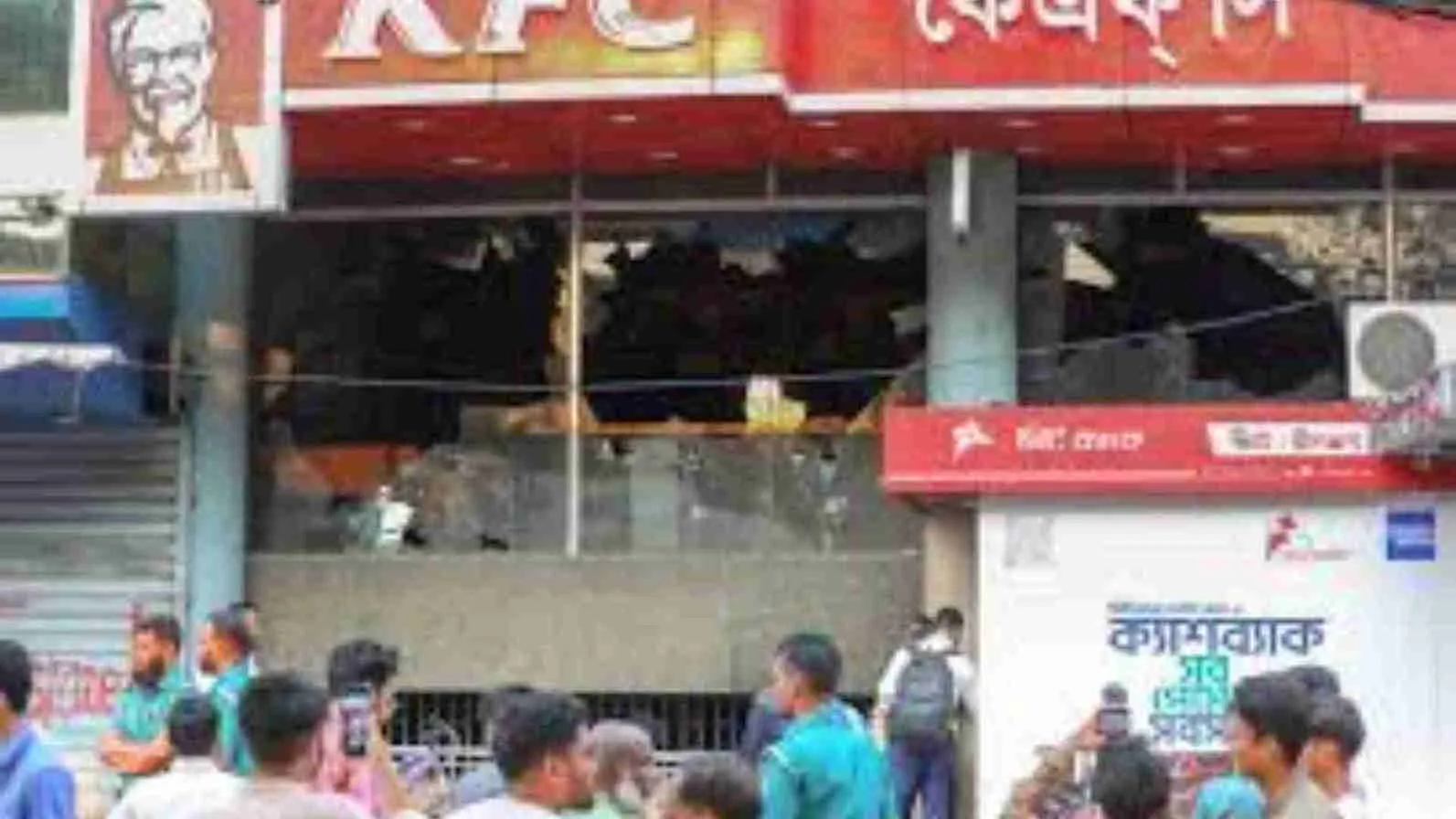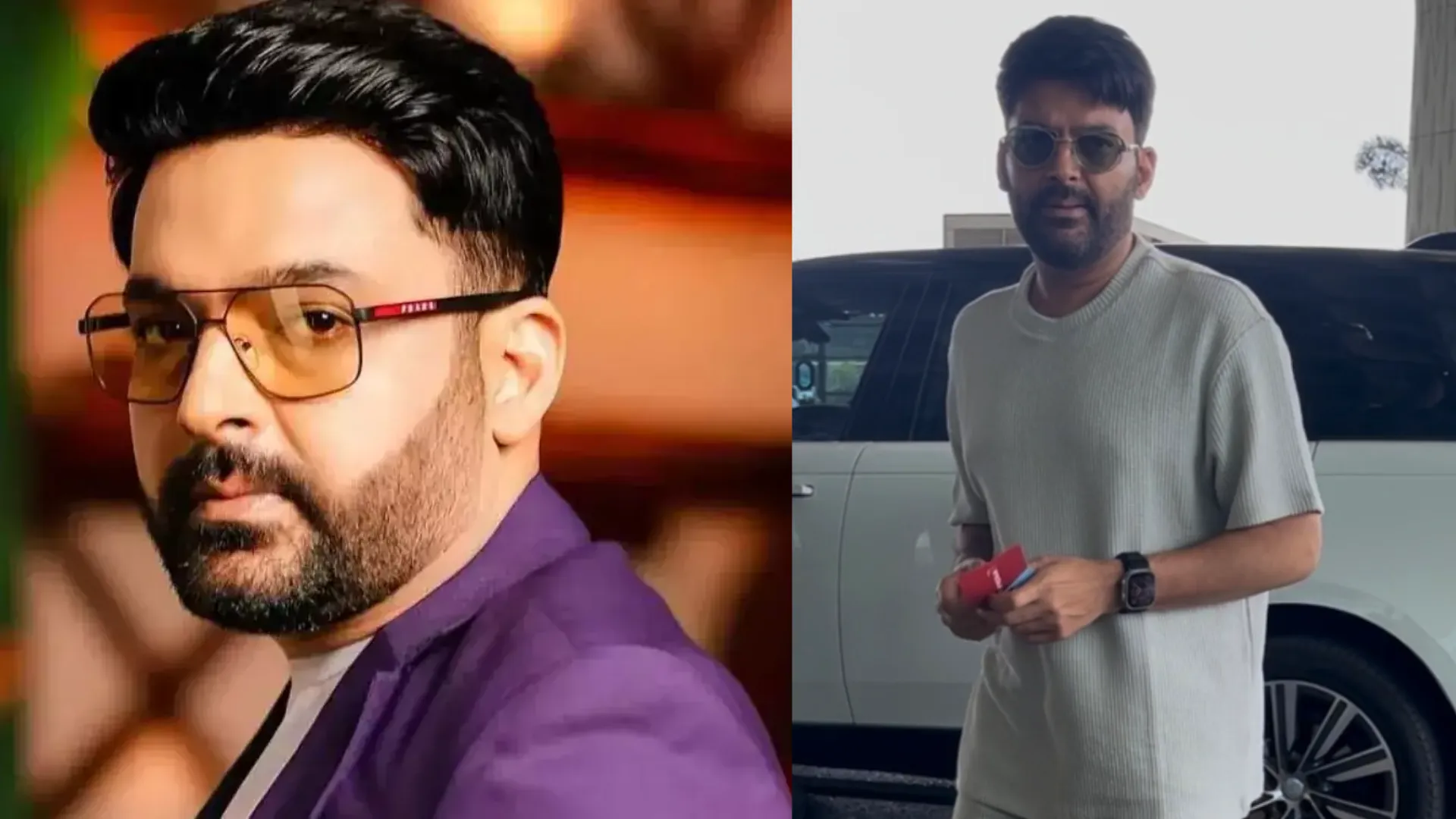As Prime Minister Narendra Modi landed in Colombo following his attendance at the BIMSTEC summit in Bangkok, anticipation grew over his bilateral meeting with Sri Lankan President Anurak Desanayake. The visit is a strategic move to further cooperation in the spheres of trade, connectivity, and infrastructure.
In an exclusive conversation with NewsX World Executive Editor Megha Sharma, former Sri Lankan President Ranil Wickremesinghe spoke about the transformation of India-Sri Lanka relations, stressing the need to move from words to concrete action. Based on his intimate diplomatic relationship with PM Modi, Wickremesinghe provided insightful comments on the challenges and opportunities defining bilateral cooperation.
Wickremesinghe emphasized the need to translate mutual vision into action. Citing the 2023 joint vision statement signed on his visit to India, he said, “I would hope that we go a step further in making a closer relationship between the two countries. including connectivity, dairy development, and Trincomalee.”
While accepting the symbolic importance of recent high-level visits, he demanded it’s time to act operationally. “We have to step out of the statement phase, where we make declarations, into action to take necessary steps to make it operational,” he pointed out.
Watch:
Energy Projects Face Delays
On the Sampur (Samcoot) power project, long-delayed in Trincomalee, which was initially planned in 2006 as a coal-fired plant, Wickremesinghe owned up to delays. “Many things in Sri Lanka take long time—sometimes even on the Indian side. But Prime Minister Modi has always been enthusiastic to drive it forward.”
When the environment became an issue and global warming pacts such as the Paris Accord began to take effect, the plan for coal was abandoned. LNG was considered and found wanting, finally turning towards a solar power energy hub in Trincomalee.
India’s Economic Support Helped Steady Sri Lanka
Wickremesinghe, who took over as president during Sri Lanka’s 2022 economic collapse, attributed India for providing a lifeline $4.5 billion in assistance. “India gave us a lifeline $4.5 billion loan through various credit lines, which was very useful, particularly during the first six months that I was president,” he said.
He also admitted that India’s investment willingness had a wider effect. “If India invests, others will follow without waiting until 2027 or 2028 to see how the economy performs.”
Adani Project Under Fire But Crucial
On the Nowscrab wind power project of Adani Group being controversial, Wickremesinghe vindicated its need amid pricing issues. “There appears to be a pricing dispute… Larger projects, which involve $500–800 million, have higher financing costs.”
He further said that every negotiation had been vetted by official committees and reaffirmed its significance: “I regard this as a very important project.”
Colombo Port City vs. Hambantota
Wickremesinghe explained myths surrounding Chinese investment in Colombo Port City, an area of 600 acres. It is a development area that functions under Sri Lankan laws and focuses on foreign currency-based property. With regard to tax evasion, he assured foreign investors that tax benefits are offered exclusively.
Discussing Hambantota Port comparisons, he explained, “Hambantota was leased for 70+ years for $1 billion, which went into reserves. Chinese loans were concessional—repaying them with commercial loans would’ve cost more.”
Reform Costs and Political Backlash
Though winning fiscal stabilization and IMF restructuring, Wickremesinghe’s party experienced election losses. He blamed this on stringent reforms. “Reforms tend to make people suffer in the short run. I did not offer relief from taxes or salary increases, but opponents did. People voted for short-term relief as opposed to long-term stability.”
He also countered accusations of Sri Lankan politics being dynastic. “Our party ended dynasties in 1988… Sri Lanka has had leaders outside the dynasty, contrary to perception.”
Grievances Against Current Government’s Agenda
Complaining against the incumbent government, Wickremesinghe stated it’s more concerned with looking back into the past rather than planning for the future. “The present government appears concerned with questions (Easter attacks, Central Bank bonds) and not with progress.”
He rejected political connections to the Easter attacks as unfounded. “Claims by a minority Christian group are politically motivated. Sri Lanka is a Buddhist nation; I report to its institutions, not to outside religious leaders.”
Tamil Issues and Fishermen Controversies
Wickremesinghe emphasized actions taken during his tenure for Tamil reconciliation, including conducting elections in northern provinces. Regarding cross-border fishing controversies, he stated, “If Tamil Nadu fishermen encroach, it harms local livelihoods. Reconciliation must include protecting Sri Lankan fishermen.”
He laid stress on the completion of the Economic and Technology Cooperation Agreement (ETCA) with India. “It should be completed soon. In view of changing world trade patterns (such as Trump’s policies), we require robust deals with India, Thailand, and RCEP.”
Concluding the interview, Wickremesinghe expressed his vision for Sri Lanka’s future: “A developed, democratic nation with good living standards and law and order.”
As Modi’s visit unfolds, voices like Wickremesinghe’s reflect a shared aspiration: that both nations now act decisively and turn diplomatic intent into real progress.























